
Diana Weber
Lawyer of international law
Rating:
6
January
How to Get Сitizenship of Romania
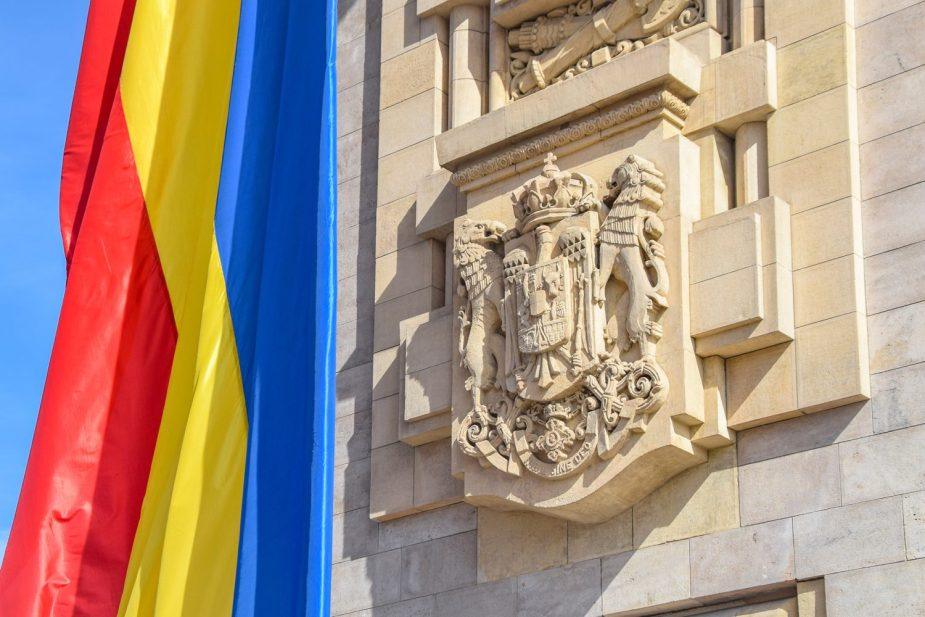
Romanian Citizenship is a status that confirms the relationship of an individual with this state, and is regulated by the norms of the local law “Legea cetățeniei române”. This status is equated to EU citizenship, which is regulated by Directive 2004/38/EC.
A Romanian passport is the main document that certifies the identity and civic affiliation of the owner. In the Passport Index ranking, the Romanian passport ranks 8th in the world out of 98, with access to visa-free travel to 170 countries. The owner of this document has the right to live in any EU country on equal terms (employment, education, social and medical assistance) with the local population.
In 2025 with a Romanian passport, a foreigner gets access to such advantages:
With the support of experienced international law attorneys, applicants for Romanian citizenship can secure their status with confidence. Immigrantinlaw specialists assist clients at every stage, from document preparation to passport office visits and receiving their national ID.
There are dozens of ways to obtain the status of a citizen of Romania, but in general, they boil down to three methods - naturalization, birthright, or repatriation. Foreigners who do not have territorial ties with the state can count on obtaining a local passport after legal residence in the country for 8 years and compliance with other requirements for the applicant. Persons born or adopted by Romanian citizens receive status automatically. Repatriates can become immigrants who prove that their ancestors were indigenous inhabitants of the state.
According to the norms of “Legea cetățeniei române”, a passport of a citizen of Romania cannot be obtained by persons who have previously violated the law (including abroad), pose a threat to the state, are associated with terrorist organizations, serve in the state bodies of unfriendly countries. The purchase of an identity card is illegal and can lead to the opening of a criminal case against a foreigner. Any mistakes in forming a dossier or when communicating with interviewers can also prevent the applicant from entering Romanian citizenship, so it is worth enlisting the support of professional migration lawyers Immigrantinlaw for a successful outcome of the case.
The minimum package of documents for obtaining the status of a citizen of Romania:
Repatriates supplement the dossier with a document confirming their affiliation with Romania. Naturalized persons also provide a resident card, a certificate from the migration inspection about compliance with the census of residence, information about financial solvency and the place of permanent residence in the state.
Submit an application form and we'll get back to you!
Naturalization is a procedure for settling and integrating a foreigner with the right to acquire the status of a citizen, which in Romania takes 8 years on general grounds. Step by step, this process looks like this:
In order to start the naturalization procedure in Romania, an immigrant needs to find a basis for obtaining an initial temporary residence permit and relocation.
A residence permit in Romania is issued to persons who are employed in a local company. Depending on the duration of the contract and the citizenship of the applicant, he may need to obtain a work permit from the General Immigration Inspectorate in advance. Arranging a residence permit for business is available to applicants only after approval by the local Ministry of Business Environment, Trade and Entrepreneurship. When opening an own business, a foreigner should make sure that it complies with the norms of the Romanian resolution “On conducting economic activity”. Registration of a residence permit is also available to applicants who are transferred within an international corporation to a Romanian branch, or are posted employees. The foreigner's salary must be at least the minimum in the country before taxes (approximately 744 EUR per month as of 2024).
Individuals who purchase shares in an established Romanian company or invest in starting their own business are eligible for resident status. Residency is also granted to foreigners who hold a managerial position in a commercial company. Residency for business is only available to applicants after approval from the local Ministry of Business Environment, Trade, and Entrepreneurship. When starting their own business, foreigners should ensure that it complies with the norms of the Romanian decree “On Conducting Economic Activity”.
Resident status in Romania is granted to foreigners who are students of accredited universities, pupils of local schools, or interns. Residency can also be obtained by individuals participating in international student exchange programs. To apply for a temporary residence permit, the applicant requests confirmation of admission to study from the Ministry of Education and pays for the selected course (at least the first year). The applicant must have at least 600 EUR for each month of the requested residence permit and confirm that they are proficient in the language of instruction.
Temporary residence in Romania is possible for individuals who require medical assistance and will receive it in a local hospital. An accredited private or public host institution issues an invitation letter to the applicant, indicating the diagnosis and the expected duration of treatment. With this document, the foreigner applies for a long-term visa, having the opportunity to also open it for an accompanying person if needed.
The purchase of real estate in Romania is not a basis for obtaining local residency. An alternative for a foreigner may be the purchase of a commercial object and the registration of a company at its address. A residential house or apartment purchased by the applicant will be an advantage when applying for residency and citizenship on other grounds, as immigrants are usually required to confirm the presence of address registration in Romania.
There are other ways to obtain Romanian citizenship that are not mentioned above, such as reunification with relatives, refugee status, special merits to the state. However, naturalization is the most complex and time-consuming way to acquire a second EU passport, which requires the applicant to comply with a lengthy residence census, have a place of residence and sufficient financial means, knowledge of the state language, culture, constitutional provisions. A simpler and faster option for obtaining Romanian citizenship is repatriation.
Article 11 of the “Citizenship” law defines the possibility of obtaining a Romanian passport for persons who have ethnic or territorial affiliation with the state. Applicants who have lost their status due to circumstances beyond their control (for example, forced deportation), as well as their descendants up to great-grandchildren, can restore it. The applicant must prove his/her affiliation with Romania by documents. Detailed information about the procedure for restoring citizenship by roots can be found on a separate page.
Experienced lawyers report that, in most cases, documentary evidence of foreigners' ties to Romania can indeed be found. This is due to the significant migration patterns of the mid-20th century. The repatriation process does not require foreigners to relocate, establish prior residence in Romania, demonstrate financial stability, or prove knowledge of the national language. With the help of Immigrantinlaw's international law specialists, it’s possible to obtain a second EU passport in as little as eight months.
Submit an application form and we'll get back to you!
Foreigner who will not be able to obtain a Romanian citizen’s passport:
The status of a Romanian citizen can be annulled if the applicant carries out actions dangerous to the state (including abroad), serves in the army in a hostile country, is caught in connections with terrorists or banned organizations. Deprivation of citizenship is possible only for naturalized persons, repatriates in any case keep the received passport, since they have a territorial connection with the state.
Living in Romania attracts foreigners with low prices for buying and renting real estate, cheap consumer basket, affordable medicine. The price per square meter in the state ranges from 1000 to 3000 EUR depending on the city and location of the selected object. Approximate monthly expenses per person are 540 EUR without taking into account the rent. Life in Romania can also interest immigrants with a friendly attitude of the local population to newcomers, the presence of the country’s access to the sea, a developed tourist sphere, and public infrastructure.
Moving to Romania is an opportunity to live in an inexpensive country with an interesting history, a large number of cultural and architectural monuments, a good ecological situation. The labor market in the state is interested in specialists in the field of mechanical engineering, IT, industry, unskilled workers. The level of wages in the country is small (on average - about 700 EUR per month after tax deductions), therefore immigration to Romania is also often of interest to persons who have remote earnings or passive income.
Registration of the status of a citizen in Romania is in demand among immigrants, however, not everyone manages to get approval for the submitted petition. Cases of refusal in the passport of the EU country are especially common among people who submit a request independently and make mistakes in forming a dossier or communicating with representatives of the authorities. The applicant can guaranteed receive Romanian citizenship with the support of international law specialists. Migration lawyers Immigrantinlaw accompany the client at every stage of the registration of the requested status, from the collection of documents to visiting the passport office and receiving a national identity card.
Get more information about the peculiarities of immigration to the EU at a free consultation
Permanent Residence in the Netherlands: How to Move and Start a New Life
28 March
Permanent residence in the Netherlands is a status that gives the right to stay in the country indefinitely and to...
How to Get Citizenship of Cyprus
10 February
Cypriot citizenship is your direct link with the state, which is expressed in the existence of certain mutual privileges and...
How to Get Citizenship of Poland
27 December
Polish citizenship is a status that gives you access to national rights and privileges on the territory of the country,...
How to Get Citizenship of Sweden
4 October
Swedish citizenship is the legal relationship between the country and you as an individual. According to the national laws of...
How to Get Citizenship of France
6 December
French citizenship is the legal relationship between you and the country. This status endows you with a certain list of...
How to Get Danish Citizenship and Passport in 2025: A Complete Guide
21 February
Denmark is a developed Scandinavian country with a high standard of living, a stable economy, and one of the world's...
Discover
new opportunities
with a European Union passport!
Submit the application form and we will call you back!
Leave a request
Contacts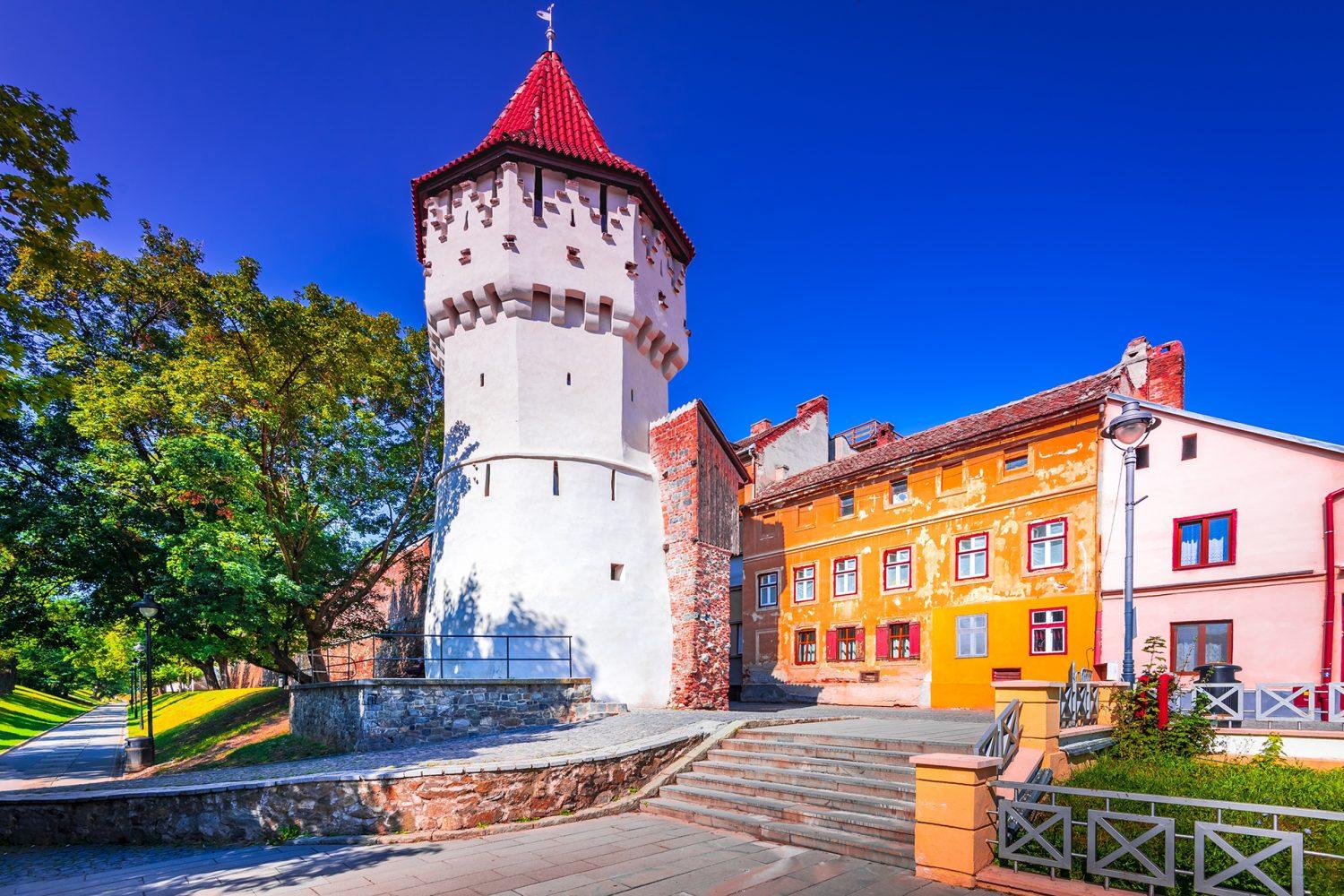


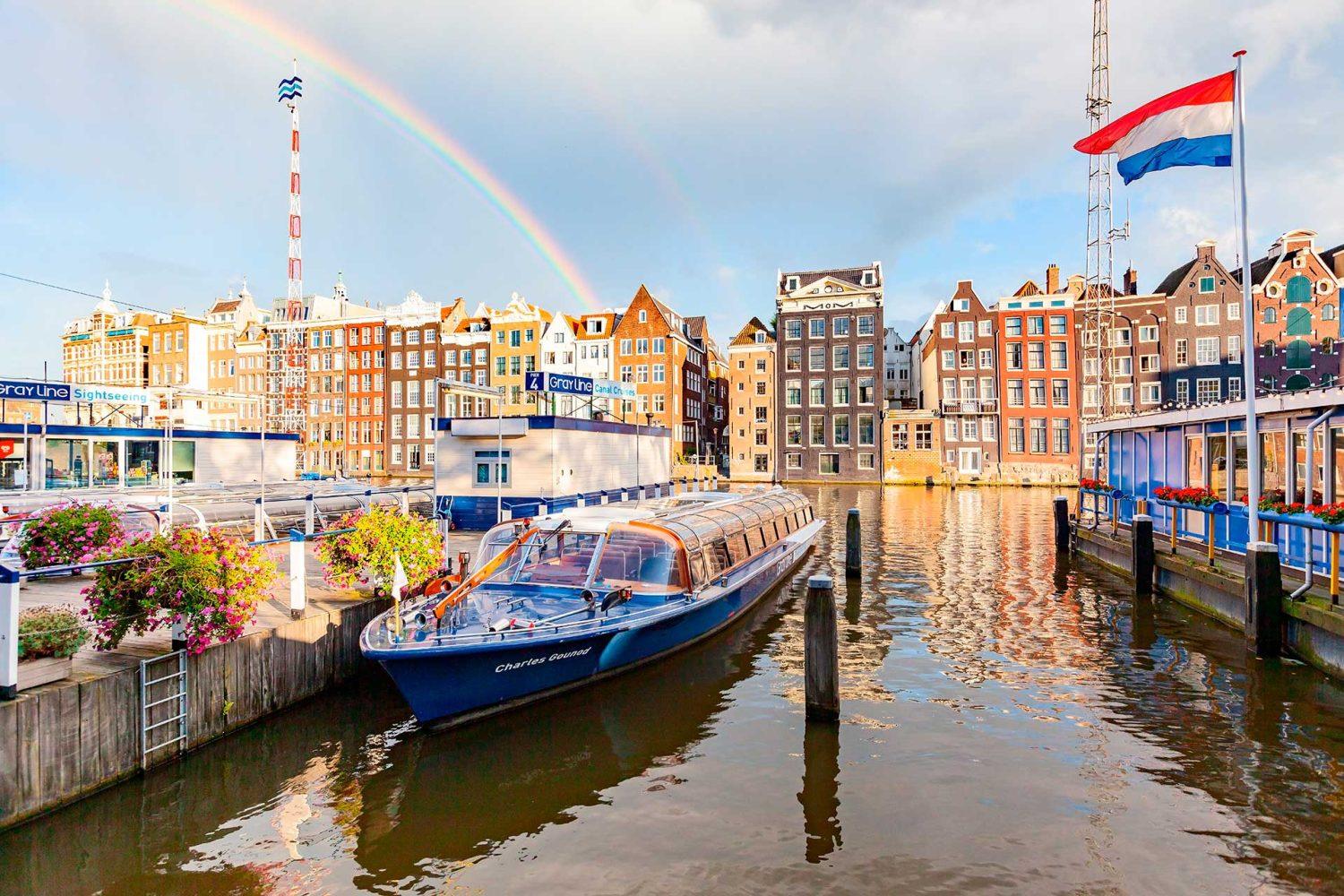

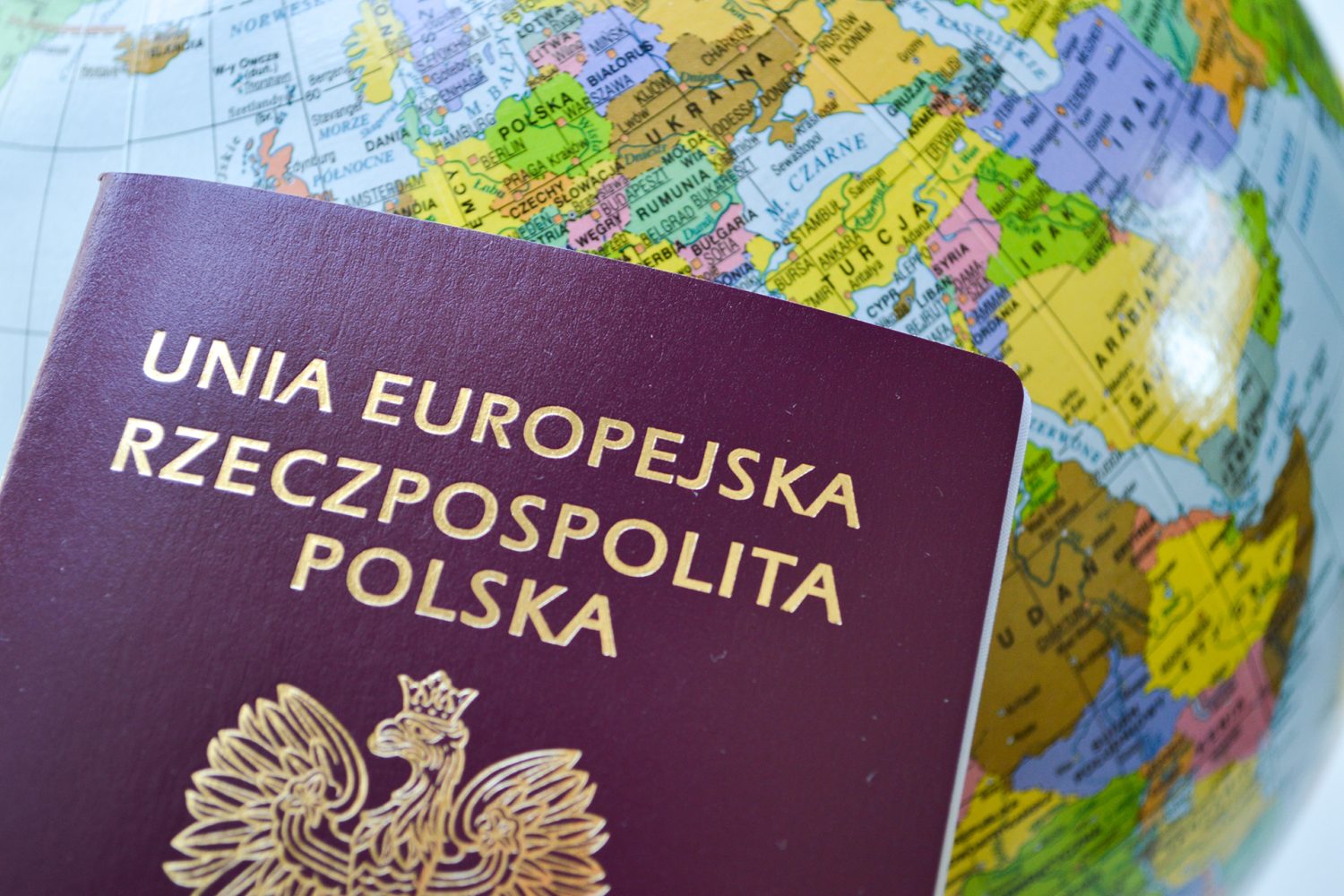

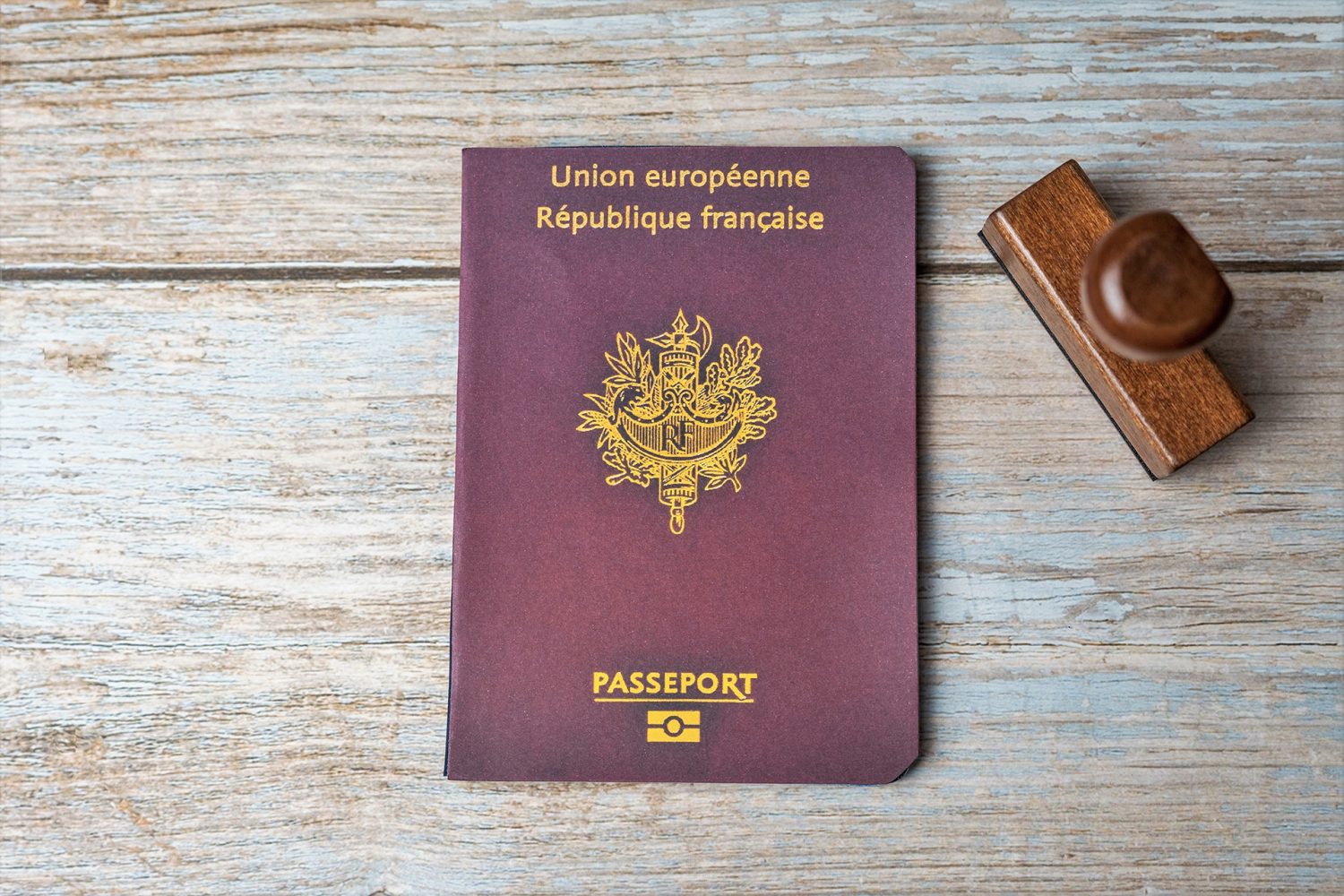
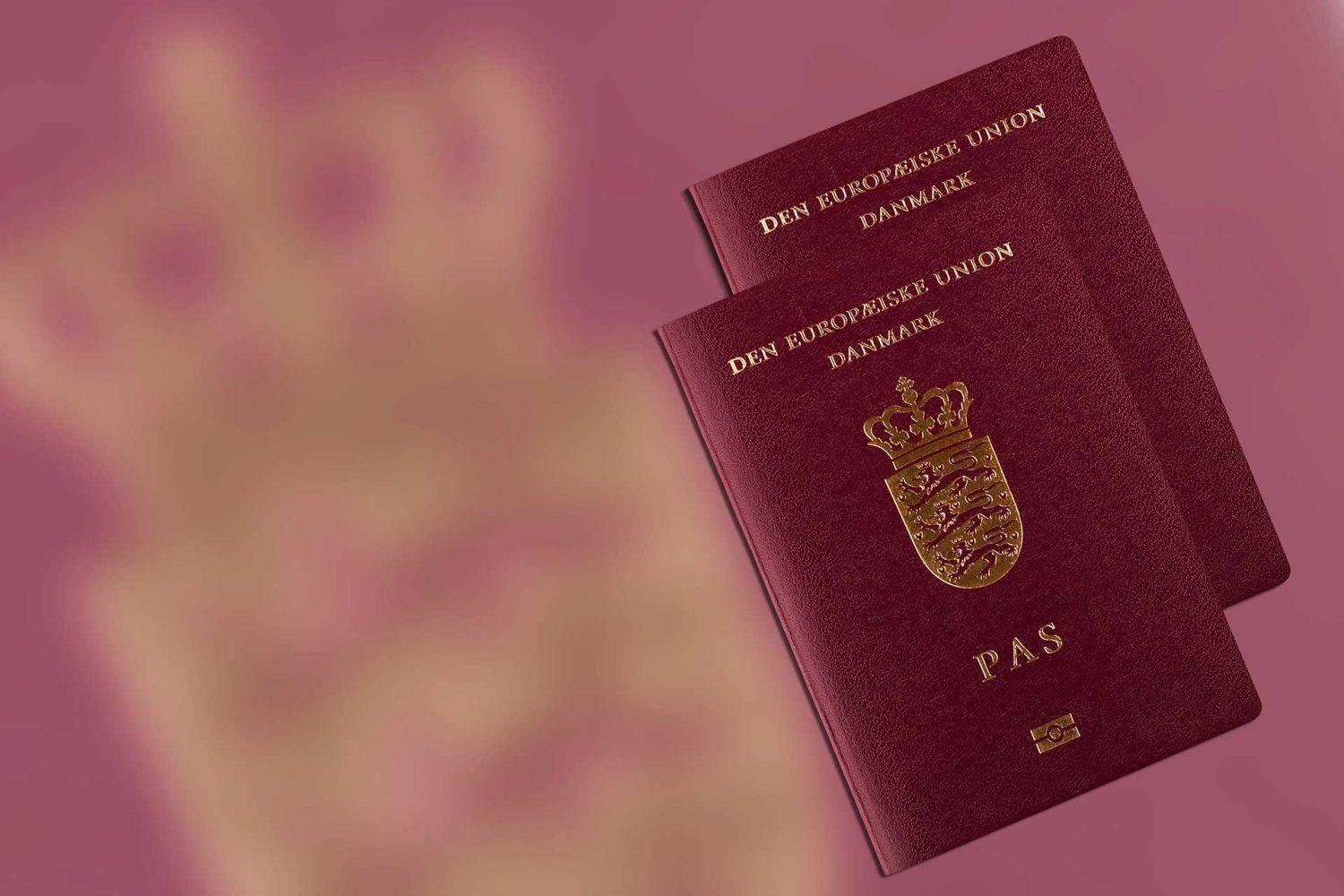

Inade Destiny
Hello, I have a question, I am a Nigerian citizen married to a Romanian citizen for 10 years we are living out of the country, how can I apply for passport or what is the process for me to get Romanian passport? Thank you very much and hope to hear from you.
Diana Weber
Hello! As a Nigerian citizen married to a Romanian citizen for over 10 years, you can apply for Romanian citizenship through naturalization. The process involves proving your marriage, residence outside Romania, and demonstrating basic knowledge of the Romanian language and culture. You’ll need to submit your application to the Romanian authorities, usually through the consulate in your current country of residence.
Additionally, there are simplified pathways to obtaining a Romanian passport that may apply to your situation. I can provide a consultation to guide you through these options and assist with the application process. Feel free to reach out for more details.